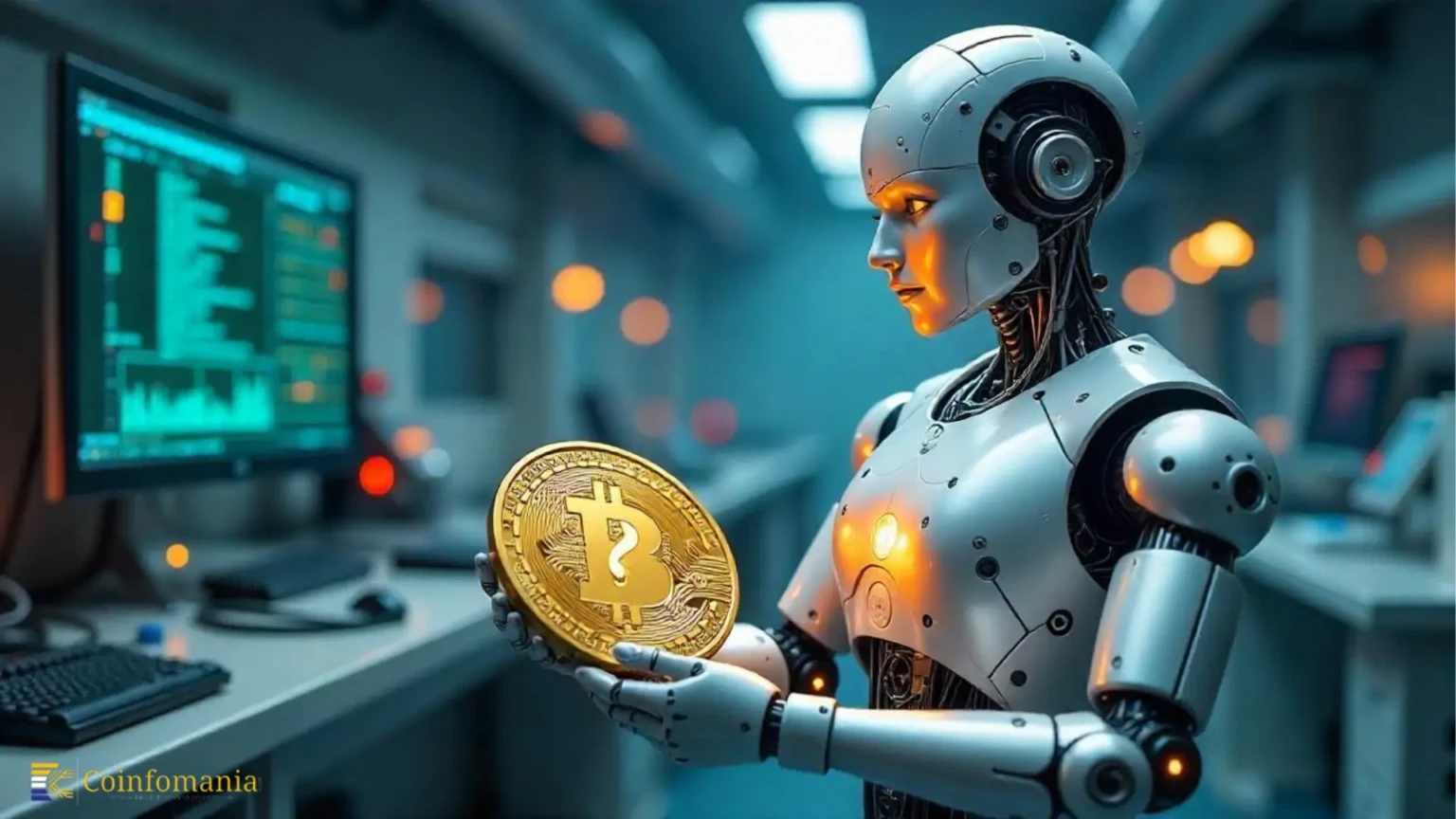Is AI Stock Trading Safe?
Artificial intelligence (AI) has transformed global markets, from Wall Street equities to cryptocurrency exchanges. AI-powered trading systems promise speed, efficiency, and data-driven decision-making beyond human capabilities. But with these advancements comes a pressing question investors keep asking: Is AI stock trading safe?
While AI offers powerful tools to detect trends, automate trades, and manage portfolios, it also exposes traders to unique risks—ranging from system malfunctions to cybersecurity threats and regulatory uncertainty. This article takes a deep dive into the safety, risks, and best practices for those considering AI-driven trading.
The Rise of AI in Stock and Crypto Trading
AI has become a backbone of modern financial markets. Algorithms analyze terabytes of data, identify patterns, and execute trades within milliseconds. Hedge funds, institutional investors, and even retail traders are adopting AI-driven platforms for their speed and accuracy.
But the question remains: is AI stock trading safe when markets are inherently unpredictable?
Just as human traders can make emotional mistakes, AI systems can misinterpret data, fail during extreme volatility, or act on flawed algorithms. The result could be unexpected financial losses that ripple across markets.
MIT Technology Review on AI trading risks
Key Risks of AI-Driven Trading
1. Market Volatility and Over-Optimization
Stock and crypto markets are highly volatile. AI systems, no matter how advanced, can struggle during sudden market crashes or black swan events. The infamous 2010 Flash Crash—triggered in part by automated systems—shows how quickly algorithms can amplify instability.
2. Lack of Transparency
Many AI platforms operate as “black boxes.” Traders may not fully understand how their AI makes decisions. This opacity creates challenges for accountability, especially when losses occur.
3. Cybersecurity Threats
Because AI systems rely on internet connectivity and large datasets, they become lucrative targets for hackers. A single breach can compromise entire portfolios. Strong security measures, like two-factor authentication and cold storage for assets, are essential.
World Economic Forum on cyber risks in finance
4. Regulatory Uncertainty
Regulators are still grappling with how to govern AI in trading. Inconsistent rules across jurisdictions create uncertainty for investors. Compliance is not just a legal safeguard—it’s also a measure of risk management.
Safety Measures for AI Stock Trading
Continuous Monitoring
AI systems should never run on autopilot without oversight. Traders must regularly update algorithms and monitor trades for anomalies.
Risk Management Tools
Stop-loss orders, diversification, and portfolio balancing remain essential—even with AI. These safeguards help reduce the impact of unexpected trades or system errors.
Understanding the AI
Investors should have a working knowledge of how their chosen AI platform operates. Understanding decision-making processes helps traders anticipate potential risks.
Human Oversight
No matter how sophisticated AI becomes, human judgment is irreplaceable. Oversight ensures systems don’t spiral during unpredictable conditions.
Ethical and Long-Term Considerations
Algorithmic Transparency
Financial fairness requires transparency. Calls are growing for AI developers to disclose how algorithms are built and tested.
Ethical Boundaries
As AI grows in influence, ensuring ethical trading practices becomes crucial. Unchecked algorithms could exploit loopholes, creating systemic risks for global markets.
Backup Systems
A robust safety net—backup servers, alternative trading protocols, and contingency plans—prevents small failures from becoming catastrophic.
Is AI Stock Trading Safe? Lessons from the Past
The Flash Crash of 2010 remains a cautionary tale. While it wasn’t crypto-specific, it demonstrated the dangers of high-speed automation. Similar risks exist today, especially in lightly regulated digital asset markets.
History suggests that AI amplifies both efficiency and risk. The key is in how traders prepare for and manage these risks.
FAQ: Is AI Stock Trading Safe?
Q1: Is AI stock trading safe for beginners?
Beginners face higher risks with AI trading, as they may not fully understand how systems make decisions. Manual oversight and risk management tools are critical.
Q2: Is AI stock trading safe in volatile markets?
Not always. AI can misinterpret extreme volatility, leading to sudden losses. Human oversight is necessary during turbulent conditions.
Q3: Is AI stock trading safe from cyberattacks?
No system is entirely safe. However, using secure networks, cold wallets, and multi-layered authentication can reduce exposure to cyber threats.
Q4: Is AI stock trading safe under current regulations?
Regulatory frameworks are still evolving. Traders must stay updated with compliance standards to ensure legal and financial safety.
Conclusion: A Forward-Looking Perspective
So, is AI stock trading safe? The answer is nuanced. AI offers unparalleled efficiency, predictive power, and automation. But it also introduces new risks—market volatility, lack of transparency, cyber threats, and regulatory uncertainty.
The future of AI in stock and crypto markets will likely include more advanced machine learning models, stronger regulatory frameworks, and improved risk management tools. Until then, AI trading should be seen as a powerful tool—not a replacement for human judgment.
Traders who combine AI with careful oversight, risk management, and ethical practices will be better positioned to thrive in this evolving financial landscape.

